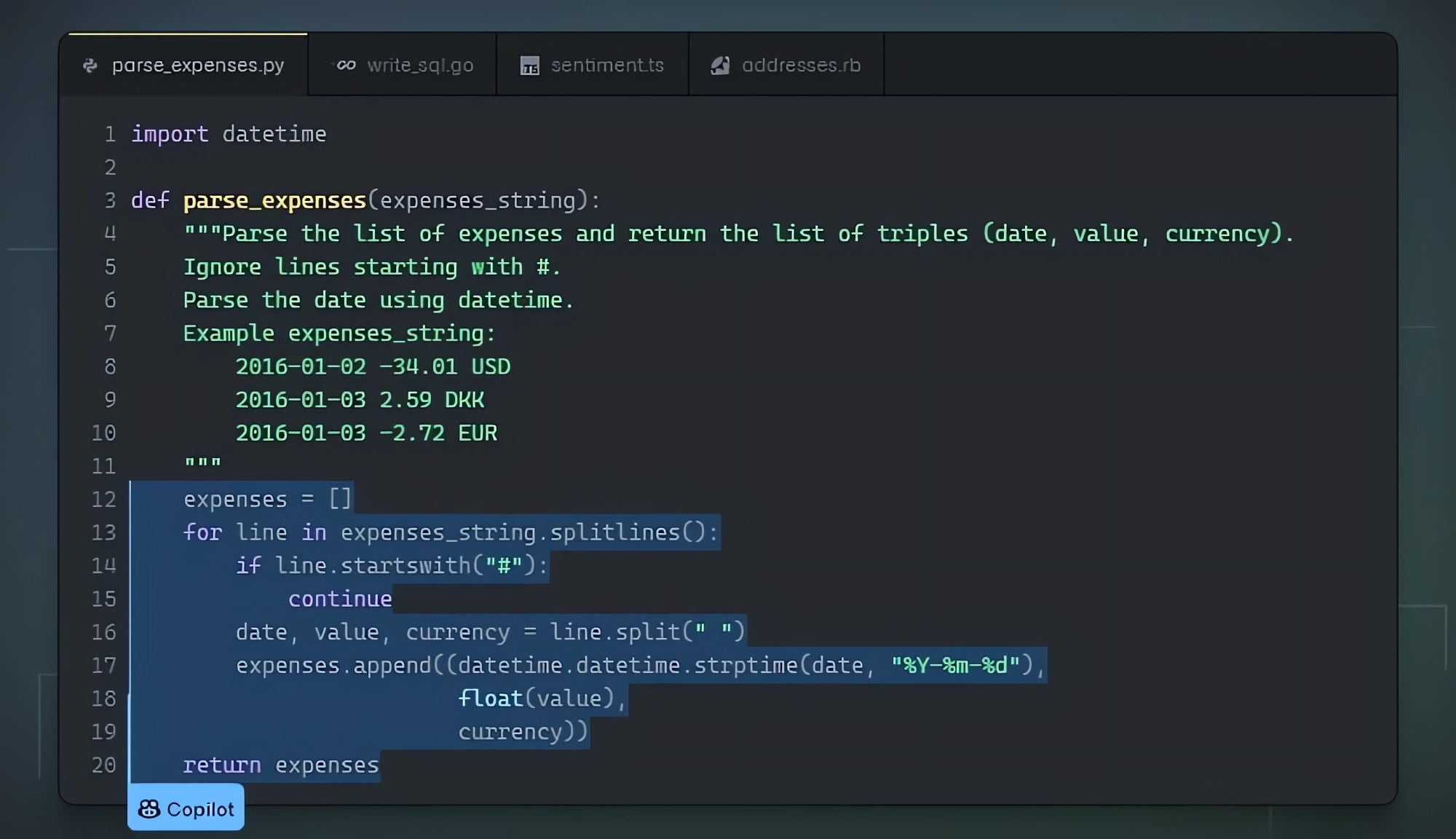OpenAI kills its Codex code model, recommends GPT3.5 instead

Key Points
- OpenAI will deprecate the API of its code-optimized AI model Codex on March 23.
- Codex users should switch to the GPT-3.5 language model, which may provide better results.
- Due to the short notice, users have only a few days to make the switch.
Update –
- OpenAI CEO Sam Altman announced that scientists will continue to have access to the model after a wave of criticism over the Codex shutdown. "We didn’t realize how much people liked this model; we will continue to support it for researchers!" he wrote on Twitter.
Only a few days after a first notice, OpenAI closes the API access to the code-optimized AI model Codex. Some users are upset about the short notice.
While ChatGPT (GPT-3.5) and GPT-4 are highly praised in the AI community for their programming capabilities, they were not the first language models suitable for creating program and website code: In 2021, OpenAI introduced GPT-3-based Codex, a model specifically trained for this use case, which has since been available as a free, limited beta.
However, OpenAI will discontinue the model on March 23, even before Codex leaves beta. The short notice for this announcement makes some users unhappy. Since the code and the model are not publicly available, this eliminates any possibility of using Codex at all. After all, the model cannot simply be downloaded and run on one's own machine.
Whoa - Open AI gave <1 week notice for discontinuing several models critical for many people (Codex), and suggested other deprecations will eventually follow without any specific timeline.
Building on top of OAI seems pretty risky unless they start offering more specific usage… https://t.co/Gj5kSLARHe
— Kevin Fischer (@kevinafischer) March 21, 2023
GPT3.5 is probably better at coding anyway
OpenAI recommends that all users switch from Codex to GPT-3.5 Turbo, the model that currently powers ChatGPT by default. In fact, this is said to improve programming results, suggesting that large language models may be more capable as general-purpose systems.
The discontinuation of Codex poses a problem for scientists who will soon be unable to reconstruct Codex-based research. The US company responds that the Codex framework has been clearly communicated from the beginning.
"To be clear, Codex was free and in a limited beta, with heavy rate limits from the get go," said OpenAI spokesperson Logan Kilpatrick. "I will try to get a glossary added to the docs soon that explain the different terms but Codex != our actual widely available models."
Codex has been trained primarily with code from GitHub's public repositories and is the basis for Microsoft's GitHub Copilot, a commercial offering for assisted AI coding. GitHub continues to promote Codex, but will likely move to GPT-3.5 Turbo as well, or Github Copilot will be folded into Microsoft's general Office Copilot.
Programmer and lawyer Matthew Butterick filed a lawsuit against Microsoft, Github, and OpenAI in November 2022, alleging that GitHub Copilot reproduces code snippets from developers without attribution, in violation of open source licenses.
AI News Without the Hype – Curated by Humans
As a THE DECODER subscriber, you get ad-free reading, our weekly AI newsletter, the exclusive "AI Radar" Frontier Report 6× per year, access to comments, and our complete archive.
Subscribe now